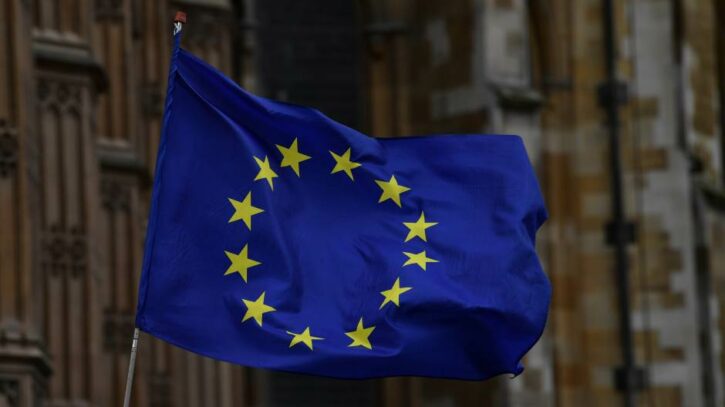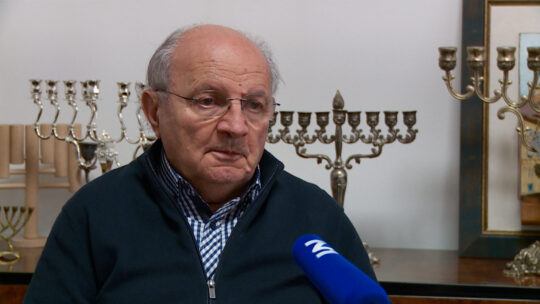
Six European Union countries have addressed a letter to European Commission President Jean-Claude Juncker saying they are ready to work on improving the enlargement process on the understanding that it will lead to consensus on opening accession talks with Albania and North Macedonia in March next year.
“We are therefore ready to engage constructively in an effort to improve this process. We will do so on the understanding that such an exercise be conducted in an effective and result-oriented fashion and that it enables the EU to reach consensus on opening accession negotiations with Albania and North Macedonia in March 2020,” says the letter, seen by Hina on Tuesday.
The letter was signed by the foreign ministers of Austria, the Czech Republic, Italy, Poland, Slovakia and Slovenia. Croatia, although not a signatory, shares these views, according to diplomatic sources.
The signatories called on the European Commission “to elaborate by January 2020 concrete proposals for ways to enhance the effectiveness of the accession process as an instrument to support reform and integration efforts in the region.”
The letter also said that “there is no viable alternative to full-fledged membership of the Western Balkan countries in the EU if we want to safeguard our interests in the region effectively” and that the process “must continue without unnecessary delay.”
The letter was made public ahead of Tuesday's meeting of the General Affairs Council which is due to discuss enlargement. It followed a document that France had addressed to the member states proposing reform of the present EU accession process. According to the French proposal, the process would be carried out gradually, in seven steps.
Speaking to a small group of correspondents from Brussels, Finnish Foreign Minister Pekka Haavisto said that the EU should not leave the entire Western Balkans region in the lurch and leave it to “other actors.”
The Finnish presidency is of the view that if we lose the Western Balkans and do not take the integration of this region seriously, we may end up in new trouble, even in a new conflict, Haavisto said.




